What do jugglers and ophthalmologists have in common?
😀 Both must have good hand-to-eye coordination in order to perform their job well!
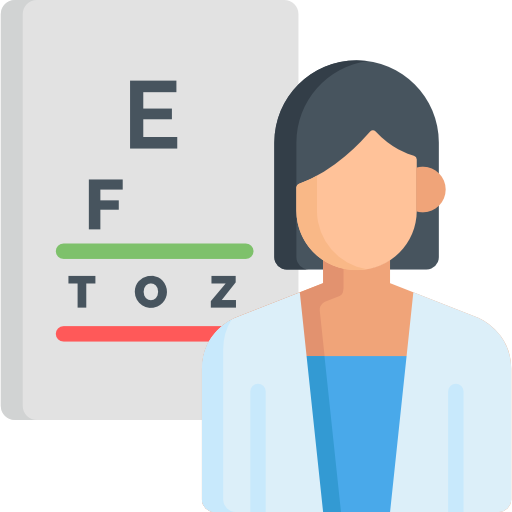
Ophthalmologists are highly qualified eye care physicians with extensive medical and ophthalmic surgical training.
If you choose this career path, it'll take much dedication and hard work, but it's very rewarding to know you're helping people maintain healthy eyes and vision.

Got Something in Your Eye?
An ophthalmologist's job is to ensure you have healthy eyes and vision.
They'll take a close look at the anatomy of your eyes to see if it's functioning well and detect any abnormalities with your eyesight.
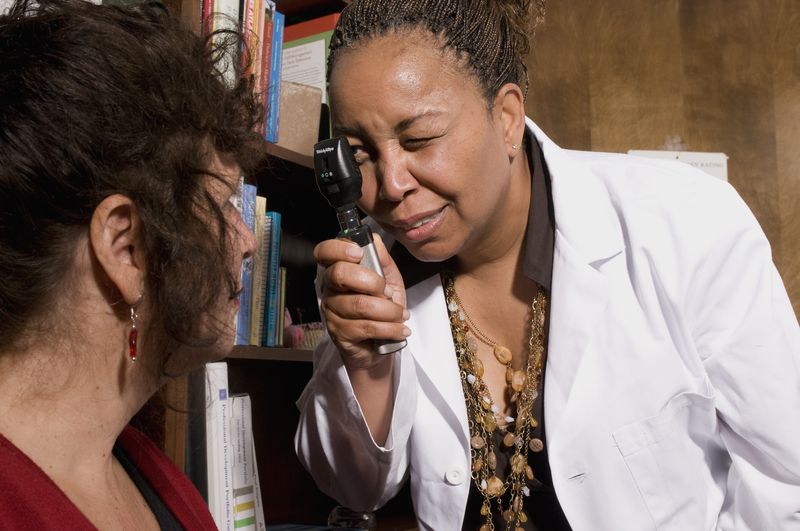 Photo by CDC on Unsplash
Photo by CDC on UnsplashAn ophthalmologist's job can involve many things like:
conducting different types of eye and vision tests.
correcting vision disorders and eye diseases.
performing specialized eye surgery and prescribing medications.
doing medical research to find causes and cures for diseases or severe disorders.
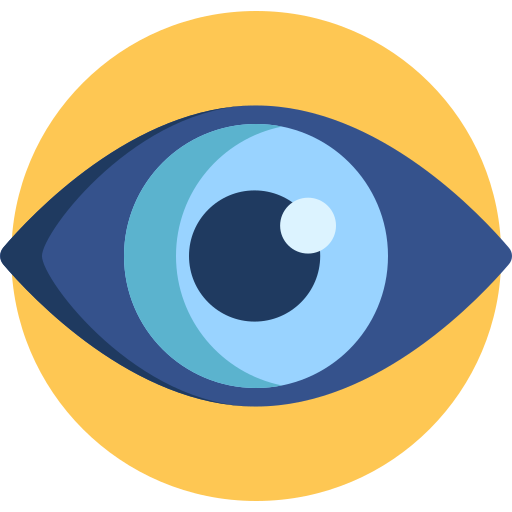
Education & Training Requirements
In both the USA and Canada, becoming a board-certified and licensed ophthalmologist takes a minimum of 12 to 14 years of education and medical training. This training may be longer depending on your area of sub-specialty.

You can expect to complete academic qualifications, medical training, ophthalmology residency,and extensive training in specialized ophthalmology.
💡 During surgical residency training you can select a subspecialty in ophthalmology. There are several ophthalmology fields of study to choose from such as pediatric ophthalmology, retinal diseases, ophthalmologic plastic surgery, corneal diseases, ophthalmic pathology, neuro-ophthalmology, etc.
 Photo by Mars Sector-6 on Unsplash
Photo by Mars Sector-6 on UnsplashStep by Step Guide
The education and training eligibility requirements in American and Canada differ as follows:
America
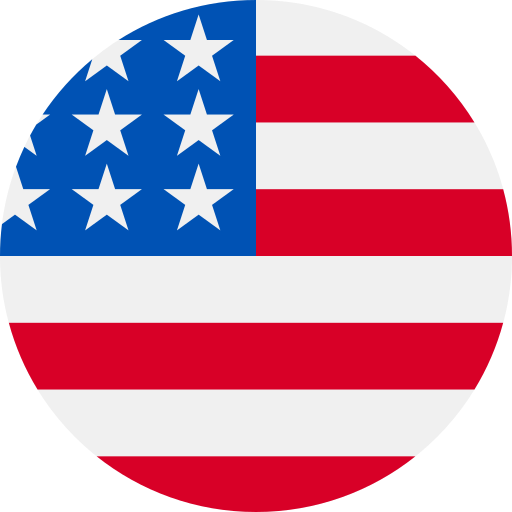
Step 1 — Undergraduate degree
Step 2 — MCAT (Medical College Admission Test)
Step 3 — Medical school application
Step 4 — Medical school enrollment
Step 5 — Part 1 USMLE (US Medical Licensing Examination)
Step 6 — Medical residency rotations
Step 7 — Part 2 USMLE (US Medical Licensing Examination)
Step 8 — Mandatory one-year internship
Step 9 — Surgical residency training
Step 10 — Subspecialty training
Education and Training Complete

Canada

Step 1 — Undergraduate degree
Step 2 — MCAT (Medical College Admission Test) **
Step 3 — Medical school application
Step 4 — Medical school enrollment
Step 5 — Part 1 MCCQE (Medical Council of Canada Qualifying Exam)
Step 6 — NAC (National Assessment Collaboration) - mandatory prior to residency program
Step 7 — Surgical residency program*
Step 8 — Subspecialty training
*MCCQE Part 2 is usually completed during or after residency training. Check for new eligibility requirements.
**MCAT is not required for some medical schools.
Education and Training Complete

Where Do They Work?
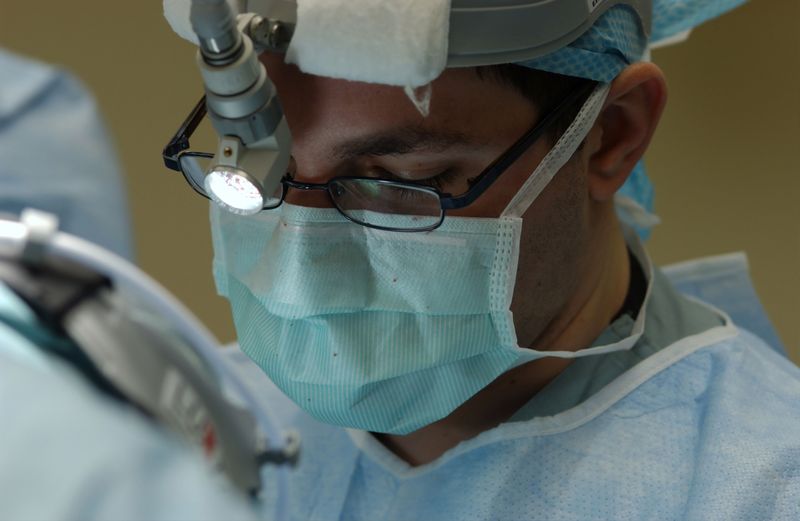 Photo by National Cancer Institute on Unsplash
Photo by National Cancer Institute on UnsplashOphthalmologists work in different settings:
single and multi-specialty group practices
healthcare clinics
public and private hospitals
military service
academic institutions
What Can I Expect to Earn?

The average annual salary for an ophthalmologist in the USA is $161,493.

The average annual salary for an ophthalmologist in Canada is $255,964.
You'll Love This Career If...

you're inquisitive, a problem solver, enjoy innovations, and like to help people.
you've got an aptitude for subjects like biology, physics, and chemistry.
you're thoughtful, contemplative, and pay attention to details.
you enjoy using your hands to create things that are challenging and complex.
you've got an artistic eye and like to design intricate patterns and structures.
💡 If this career sounds fascinating to you then consider visiting the Truhlsen-Marmor Museum of the Eye®in California, the world’s only free, public museum dedicated to the fascinating science of sight.
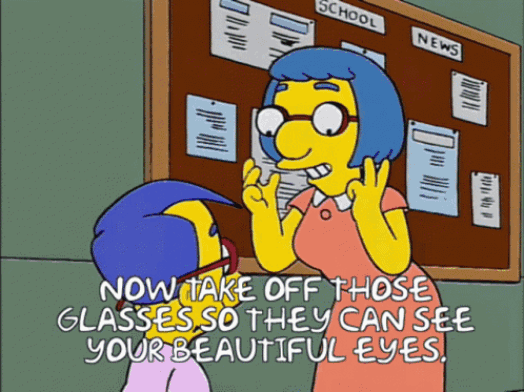
This career may not be the right fit for you if...

you have an aversion to watching documentaries about medical and surgical procedures.
you dislike using your hands to construct delicate and complex molds to fix problems.
you find in-depth reading, research of obscure subjects, and writing reports boring.
you hate socializing or working with groups of people and prefer to work alone.
⚡Pick The Future Ophthalmologist
Amanda
Is very shy and likes to spend her free time tending to her garden and writing poetry.
Doesn’t like hospitals or the sight of blood.

Chelsea
Is curious and likes to watch scientific movies and read crime novels.
Likes working with kids at a robotics camp and constructing Lego miniature models.

Pablo
Is an excellent swimmer and surfer.
Dislikes being indoors and prefers to spend time playing sports with friends.

Quiz
Who do you think would be the best fit for the career of an ophthalmologist?
Take Action
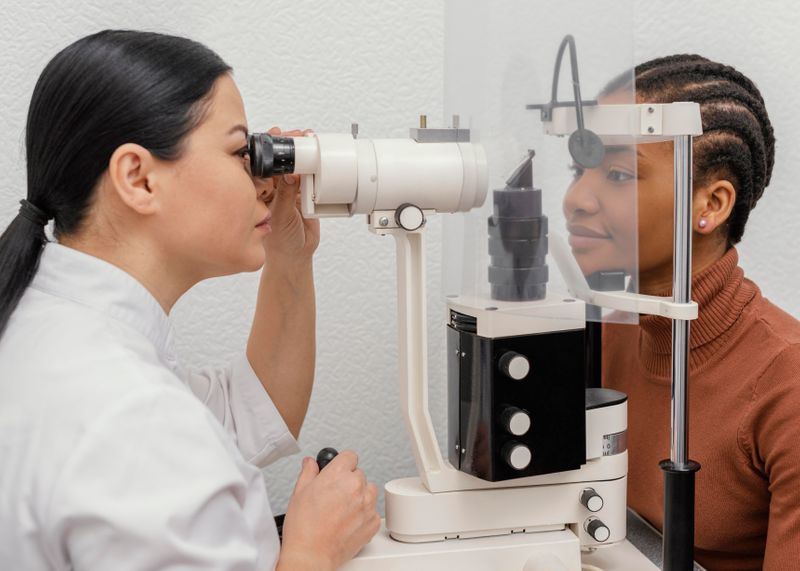
If you're eyeing a future as an ophthalmologist:
Your feedback matters to us.
This Byte helped me better understand the topic.

